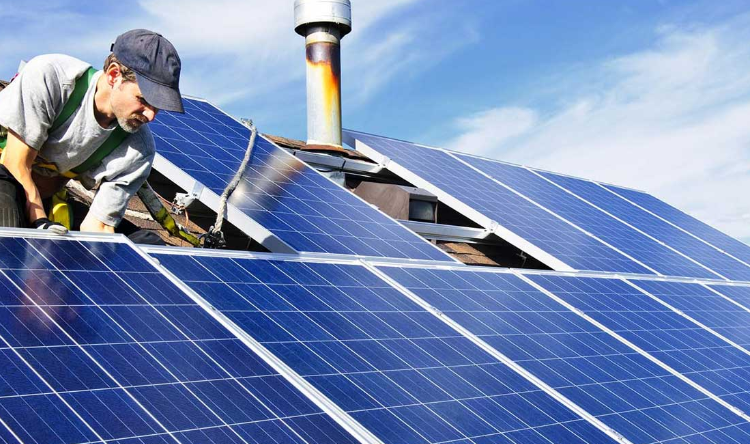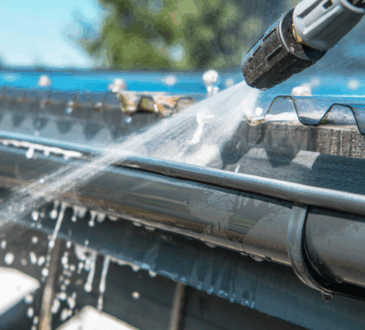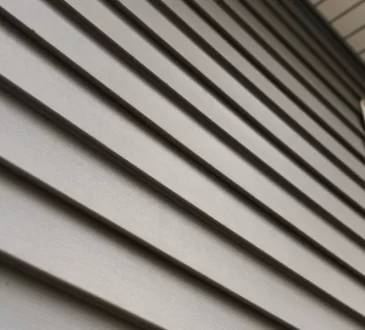
Solar panels are an essential component of your home’s electrical system. Unfortunately, they are also expensive, so you need extra care regarding solar panel repairs and maintenance in Toowoomba. This guide will walk you through some simple steps that will help to ensure that your solar panels are in good working order.
Here are some tips for extending the life of solar panels:
Inspect the Cells and Cables:
Before you start repairing or replacing your solar panels, inspect your condition. Look for signs of damage or discolouration on the cells and cables. If there are cracks in the glass of your panels, water can get inside and cause further damage, so you’ll want to look at it. Inspecting these areas will allow you to determine whether repairs are necessary before moving forward.
Inspect the Fuses:
Solar panels have fuses that protect them from short circuits and overloading, so it’s crucial to inspect them. You’ll need an ohmmeter to test the fuse and ensure it’s working correctly before moving forward with any repair or installation work.
Examine the Batteries:
The next step for solar panel repairs and maintenance is checking the electrolyte levels of each battery. If the levels are low, you’ll need to top them off with distilled water. If they’re empty, you’ll need to replace them. You’ll also check for signs of leakage on the batteries.
Also, check for signs of corrosion on the battery terminals and cables and clean them if necessary.
Clean the Panels:
It’s essential to clean your solar panels regularly to remove dust and debris. It will help to keep them operating at peak performance for longer. To do this, use a soft cloth or sponge dampened with water and wipe the panels down gently. If stubborn dirt marks won’t come off with a simple wash, use a non-abrasive cleaner like alcohol or vinegar on a cotton ball or cloth. It would help if you also vacuumed your solar panels at least once per month using an attachment designed specifically for cleaning them so as not to damage them while removing any dirt buildup on their surfaces.
Check the Inverter:
Next, you will want to take a look at the inverter. First and foremost, check that it has a warranty. It means that if something were to go wrong with your solar system or if something needs repair, the company or person who installed it is responsible for fixing it. If they won’t come out and fix it themselves, they have to pay someone else.
Next, check how old the system is—if the inverter is older than five years old, then there is a higher chance that something might break down soon due to age-related wear and tear on its components.
Know Your Warranty Terms:
The warranty terms of your solar panels are essential, as they will determine whether you should repair or replace them.
There are two main types of warranties: a manufacturer’s warranty and an in-service warranty. The manufacturer’s warranty covers material and artistry defects at the purchase time, though it does not cover any damage caused by installation or usage. An in-service warranty covers damage during operation for up to 20 years after installation, but only if certain conditions are met (such as proper installation).
Get rid of dirt and debris:
To get the most out of your solar panels, you’ll want to keep them clean and dry. Dirt, dust and moisture can cause problems for solar panels by absorbing sunlight away from the solar cells. If there’s too much dirt on your boards, it could reduce power output by up to 20%. If you find yourself in a situation with lots of grime on your solar panel windows or frames, a pressure washer can help remove it without damaging any surfaces.
Conclusion
The above tips will help you to do your solar panel repairs and maintenance in Toowoomba. It’s essential to inspect the cells and cables, inspect the fuses, examine the batteries and check the inverter for any signs of damage or corrosion. It is also important to remember that there are some things you have zero control over as far as solar panel maintenance goes, such as extreme heat or cold causing damage to them. Of course, the best thing would be if there were no weather at all!




